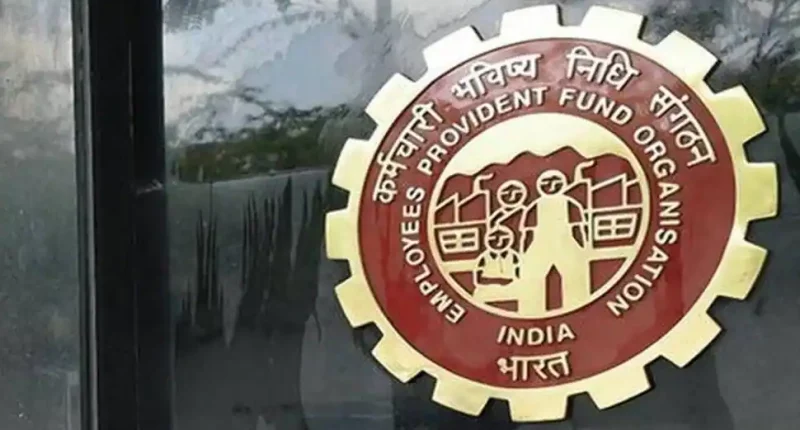As a salaried individual, you will have access to two retirement options. One is the Employees’ Provident Fund (EPF), and the other option is the National Pension System (NPS). Irrespective of your profession and work structure, you can opt for NPS; however, you can opt for EPF benefits only when you are a salaried employee. From March 2021 to February 2022, EPFO added around 1.11 crore subscribers; NPS added around 93.6 lakh subscribers over the FY 2021-22.
With EPF, the Indian government will guarantee your returns. When you retire, you will get a lumpsum amount. However, the interest rate changes every year. The interest rate has reduced over the years. With NPS, your money will get deployed in equity and debt markets. The idea behind NPS is to make systematic contributions every month which will compound at market rates.
NPS renders flexibility. You can choose how much you want to invest in equities. You can invest up to 75% of your monthly contribution. However, in EPF, you will have no control over where your funds get invested. Under EPF, you can make a partial withdrawal for medical emergencies, home loan repayment, etc. Under NPS, you can withdraw up to 25% of the corpus post three years of subscription.
Both EPF and NPS offer you tax incentives. For EPF and NPS, you can claim a tax deduction of up to Rs 1.5 lakh under Section 80C of the Income Tax Act for the amount you have invested. For NPS, you can claim an additional deduction of Rs 50,000 under section 80CCD (1B).
According to industry experts, EPF earns you guaranteed income suitable for your obligatory retirement expenses, and NPS helps you plan for your negotiable expenses. Both the investment options allow you to save for your retirement. Therefore, they do not encourage early withdrawals. With both the options, you can create savings which can be used after your retirement when your regular income stops.
For any clarifications/feedback on the topic, please contact the writer at bhavana.pn@clear.in
Bhavana is a Senior Content Writer handling the GST vertical. She is committed, professional, and has a flair for writing. When away from work, she enjoys watching movies and playing with her son. One thing she can’t resist is SHOPPING! Her favourite quote is: “Luck is what happens when preparation meets opportunity”.





